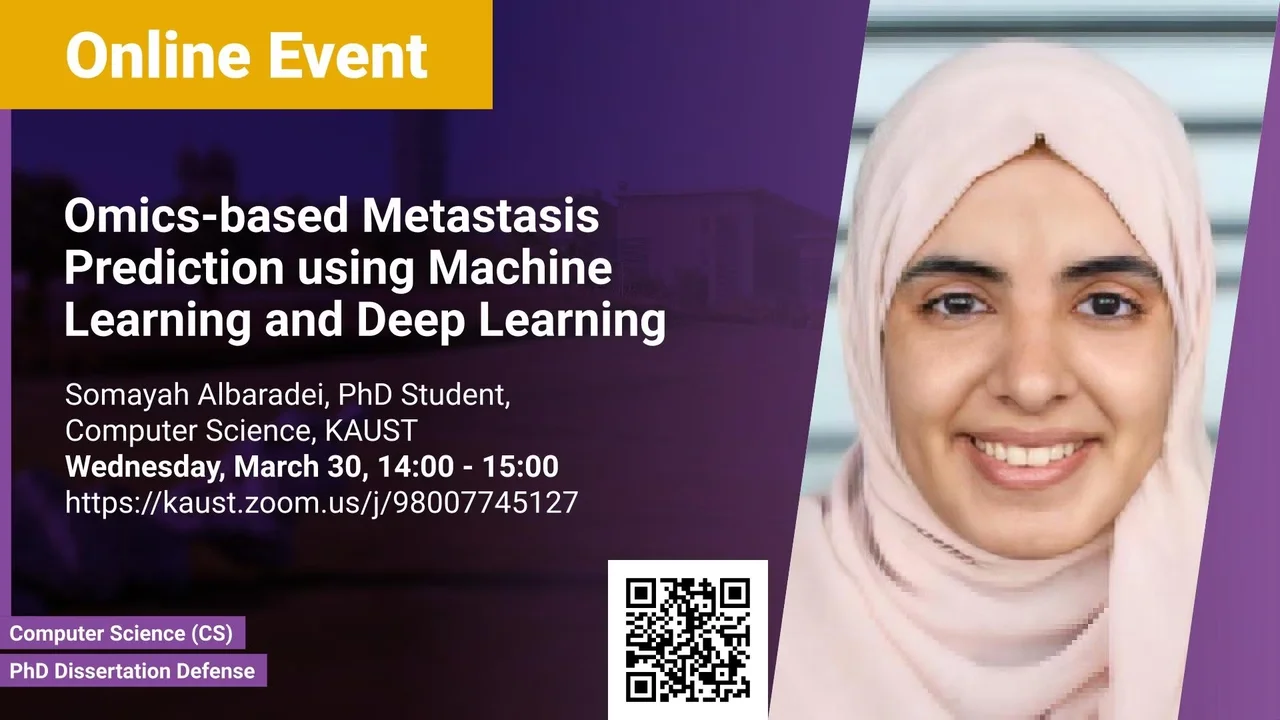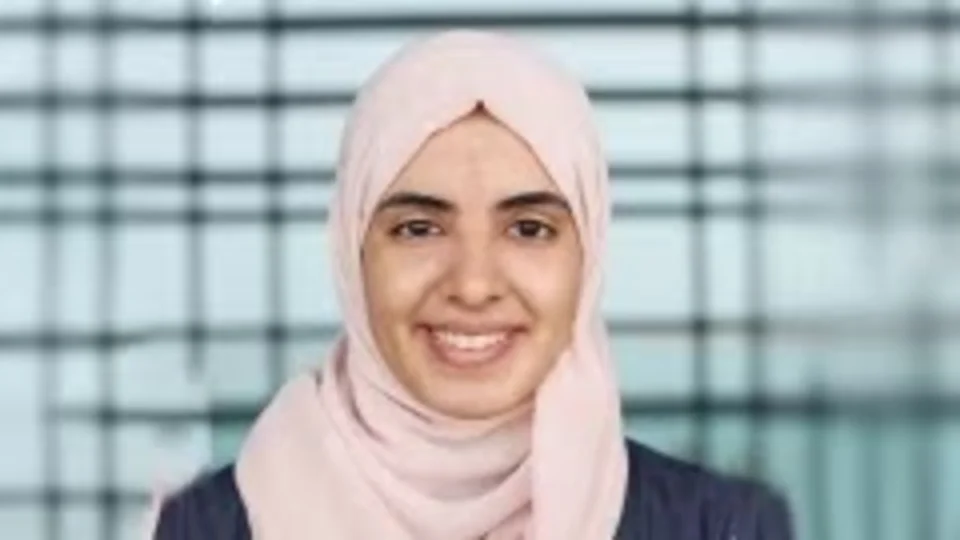
Omics-based Metastasis Prediction using Machine Learning and Deep Learning
Knowing metastasis is the primary cause of cancer-related deaths incentivized research to unravel the complex cellular processes that drive the metastasis. Advancement in technology and specifically the advent of high-throughput sequencing provides knowledge of such processes. This knowledge led to the development of therapeutic and clinical applications. In this regard, predicting metastasis onset has also been explored using artificial intelligence (AI) approaches that are machine learning (ML), and more recently, deep learning (DL).
Overview
Abstract
Knowing metastasis is the primary cause of cancer-related deaths incentivized research to unravel the complex cellular processes that drive the metastasis. Advancement in technology and specifically the advent of high-throughput sequencing provides knowledge of such processes. This knowledge led to the development of therapeutic and clinical applications. In this regard, predicting metastasis onset has also been explored using artificial intelligence (AI) approaches that are machine learning (ML), and more recently, deep learning (DL).
This thesis discusses the revolutionary field of ML/DL and its applications in cancer metastasis prediction. We are raising the question of whether there is a better way to improve the prediction of metastasis? We effectively addressed this by reviewing strides made in this regard in current literature to draw some conclusions based on a comprehensive review. Then, we used this knowledge to develop multiple ML/DL models using different omics data types that can accurately and cost-effectively predict if the cancer is in the metastatic state and suggest the metastasis site. Beyond that, we show the biological functions that the DL model uses to perform the prediction. We proved that ML/DL could improve efficiency and diagnostic accuracy and can be used to develop novel predictors of prognosis despite some existing challenges.
Brief Biography
Somayah Albaradei received her B.S. degree in computer science from Umm Al-Qura University, Saudi Arabia, and M.S. in computer science from the University of Manitoba, Canada. Currently, she is a bioinformatics Ph.D. student at King Abdullah University of Science and Technology (KAUST), Saudi Arabia. She works in the intersection area between computer science and biology. Her current research includes AI and health informatics, machine/deep learning modeling; drug repositioning; diagnostic, and information integration.

